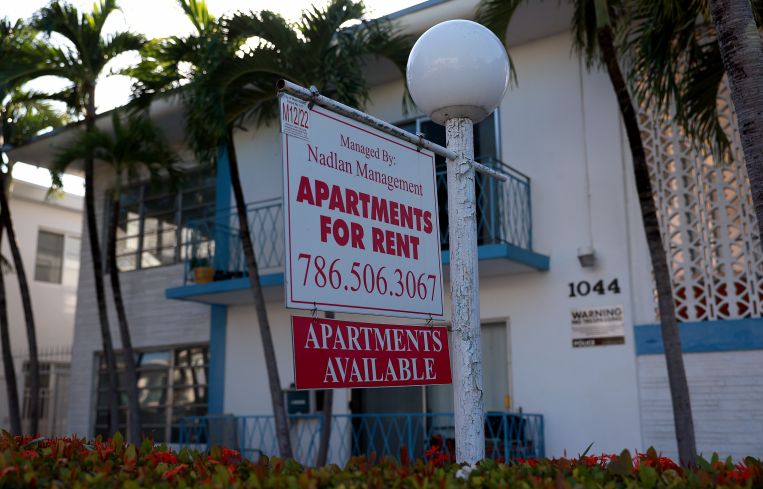Florida’s Affordable Housing Bill Is a Start But Won’t be Enough: Experts
By Julia Echikson March 31, 2023 6:11 pm
reprints
After three years of skyrocketing rental rates, Florida Gov. Ron DeSantis signed into law a sweeping affordable housing bill Wednesday, which experts say will help increase the supply of units thanks to construction incentives, additional tax breaks and funding for developers — but, given the scale of the problem, it won’t be enough to solve the Sunshine State’s severe housing crisis.
“This bill is a great first step,” said Ken H. Johnson, a real estate economist working at Florida Atlantic University (FAU). But there’s work to be done, he added. “We have to stay on top of this. We can’t turn around — like many places have done in the past — and say, ‘Well we’ve done the bill. It’s over.’ ”
The influx of new residents to Florida during the pandemic pushed the state’s already tight rental market to record-high rents and occupancy levels. South Florida and the Orlando area boasted the fattest rent growth in the nation last year, surging nearly 30 percent and a little over 20 percent, respectively, according to data from Realtor.com. The ballooning rates came on top of huge rent jumps in 2021, which have pushed out low-earning residents, including many who work in the hospitality industry that Florida’s economy relies on.
For developer Jake Morrow, who heads the affordable housing division of Miami-based Integra Investments, the most exciting provisions are the tax breaks. Before, ad valorem tax exemptions were available only for affordable properties that housed low-income seniors. The newly enacted bill has extended those tax exemptions to housing for middle-income families.
Just days after the legislation was enacted, the change already has Morrow thinking twice about projects that he previously thought would be unprofitable. “We’re very actively taking a second look at several new, affordable housing developments that we previously deemed infeasible,” Morrow said. “Those comprise hundreds, if not thousands, of affordable housing units.”
The bill, called the Live Local Act, will also allow developers to bypass local zoning rules pertaining to density and height requirements for affordable housing projects in areas zoned for commercial or mixed-use development. It also bans local governments from instituting rent controls.
Perhaps the most eye-catching provisions are the funds committed to affordable housing programs, which total $711 million. The move follows nearly two decades of lawmakers raiding similar initiatives. A 2021 report by the Florida Housing Coalition, a Tallahassee-based nonprofit, accused lawmakers of diverting about $2.2 billion from the Sadowski Trust Fund, meant for the development of affordable housing real estate, costing the state 166,000 affordable units, per their estimate.
While impressive, “$700 million will be spread out through various different sources. And when you look at exactly how much it’s going to ultimately impact projects, it’ll be limited,” said J.C. de Ona, president of Centennial Bank’s southeast Florida division, which has invested over $150 million in affordable and workforce housing projects.
Real estate experts hope the bill will spur local governments to enact additional legislation. “In doing so, you help sustain this policy effort because one year of relief is positive, but it’s not going to be enough to really move the needle over the coming years,” said Edward Murray, associate director of Florida International University’s Jorge M. Perez Metropolitan Center, which studies housing policies.
The timing is also a bit late. Trying to build affordably now — at the peak of a cycle — is tough, because land, labor, material and debt are at their most expensive, FAU’s Johnson added.
“We try to solve affordability crises at the exact wrong time,” the economist said. “We should have been solving this high housing crisis circa 2012, but there just wasn’t political will.”
Julia Echikson can be reached jechikson@commercialobserver.com.



